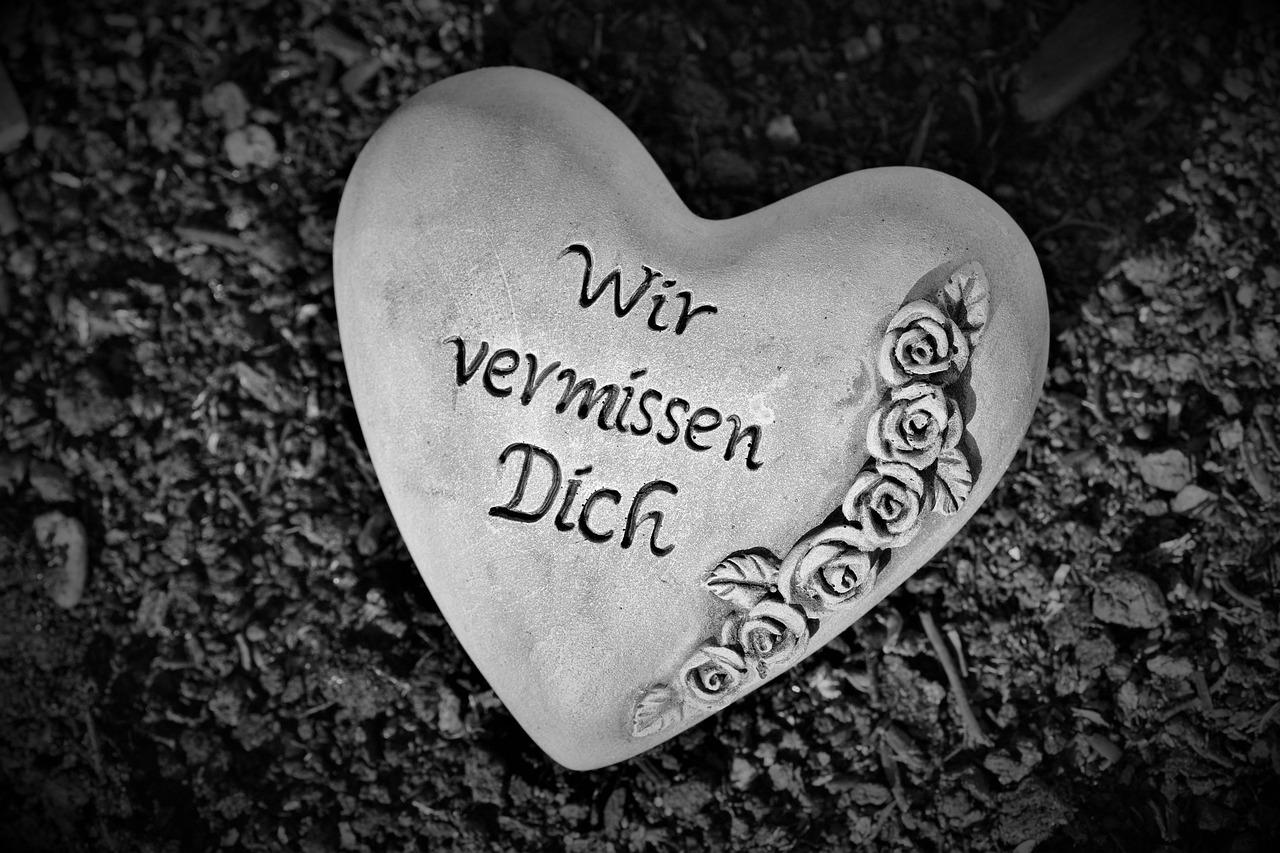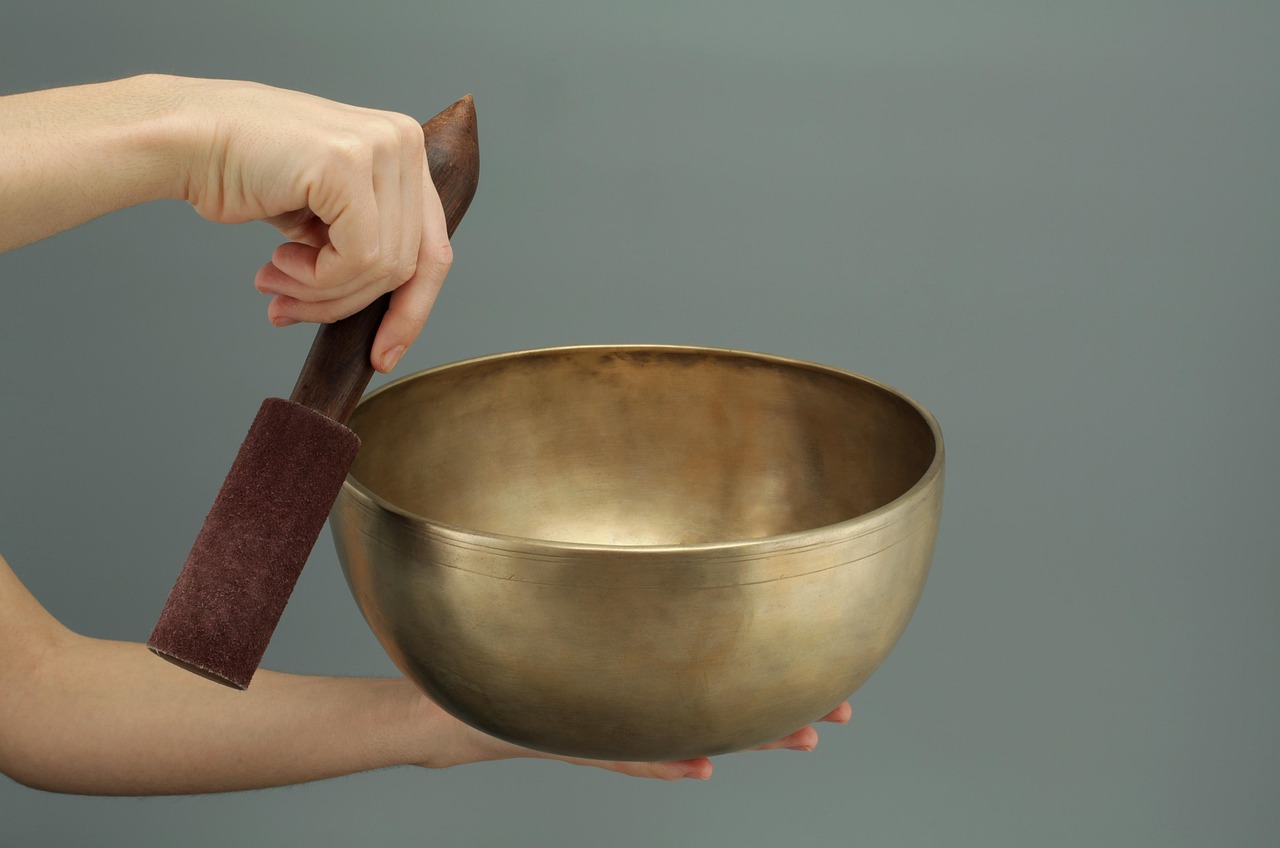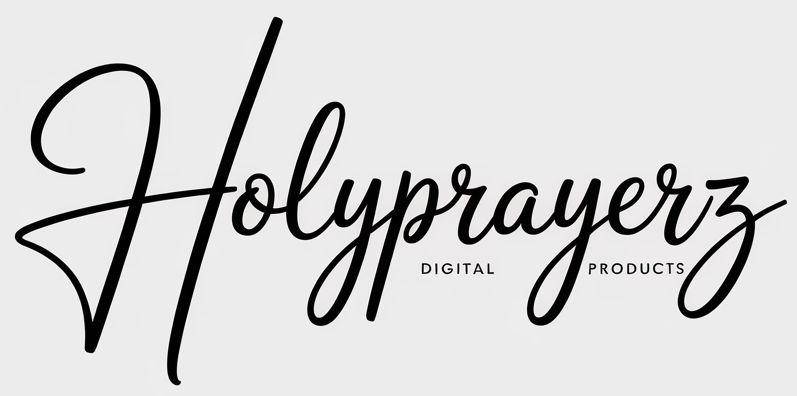
Allowing God to Heal Your Wounds
Are you carrying emotional or spiritual wounds that just won’t heal? For Christians struggling with past trauma, broken relationships, or spiritual disappointment, divine healing offers a path forward. God wants to restore your heart and spirit, but the healing process requires your participation. We’ll explore how to recognize spiritual wounds that need God’s touch and simple prayer practices that create space for healing. You’ll also learn practical steps to overcome the resistance that often blocks divine healing in your life.
Understanding Spiritual Wounds

Recognizing Different Types of Emotional Pain
We all carry wounds. Some are fresh and obvious, while others have been hiding in our souls for years.
Think about it – when you stub your toe, you know exactly what hurts. But spiritual wounds? They’re trickier to spot.
Spiritual wounds often show up as:
- Betrayal wounds – when someone you trusted violated that trust
- Rejection wounds – feeling cast aside, unwanted, or not good enough
- Abandonment wounds – when someone who should have stayed left
- Shame wounds – the deep belief that something is inherently wrong with you
- Religious trauma – hurt caused by religious leaders or communities
You might recognize these wounds through persistent feelings of anger, unexplained sadness, or an inability to trust others or God fully. That nagging voice saying “God doesn’t really care about you” might actually be a wound speaking, not truth.
How Unhealed Wounds Affect Your Spiritual Journey
Unhealed wounds don’t just sit quietly in your heart. They actively distort how you see everything – especially God.
When you’ve been hurt by an authority figure, trusting God as Father becomes nearly impossible. When you’ve been abandoned, believing God stays close feels like a fairy tale.
These wounds create barriers:
- They filter God’s love through pain-colored glasses
- They make you build walls that keep out both hurt AND healing
- They whisper lies about who God is and who you are
- They drain the energy needed for spiritual growth
I’ve watched people attend church for decades while carrying wounds that keep them from experiencing the very God they worship. They go through the motions, but their hearts remain guarded.
The Connection Between Physical, Emotional, and Spiritual Healing
Your body, emotions, and spirit aren’t separate compartments. They’re interconnected in ways science is only beginning to understand.
Physical symptoms often signal spiritual wounds. That persistent headache? Could be tied to unforgiveness you’re holding onto. Chronic anxiety? Might connect to spiritual wounds making you feel unsafe with God.
Research shows that emotional healing often brings physical relief. And spiritual breakthroughs frequently heal emotional wounds that therapy alone couldn’t touch.
This isn’t just feel-good talk. When David wrote “He heals the brokenhearted and binds up their wounds” in Psalm 147:3, he understood this connection. Healing works in all directions.
Why Some Wounds Seem to Persist Despite Prayer
You’ve prayed. You’ve claimed healing scriptures. You’ve had others pray over you. Yet that wound still throbs.
Why?
Sometimes wounds persist because:
- They require a different approach than we’re using
- They’ve become part of our identity (who would I be without this pain?)
- They involve patterns needing both divine and human intervention
- They need time and process, not just a one-time prayer
- They’re connected to wounds we haven’t yet recognized
God rarely heals like a magic wand. More often, He heals through a journey – sometimes using therapy, community, medical help, and time alongside prayer.
The journey itself might be part of the healing. The persistent wound might be teaching you to depend on God in ways instant healing never would.
Creating Space for Divine Healing

A. Surrendering Control to a Higher Power
Healing begins when you stop trying to fix everything yourself. That tight grip you have on your pain? It’s not helping. Trust me.
Think about it – how’s that working out for you? Constantly replaying the hurt, analyzing what went wrong, and plotting ways to make it all better. And yet, the wound remains raw.
When I finally admitted I couldn’t heal myself, everything changed. I was carrying this massive emotional weight for years – childhood stuff, relationship disasters, career failures. The moment I whispered “I can’t do this alone anymore,” something shifted.
Surrendering isn’t weakness. It’s wisdom. It’s recognizing that some burdens are too heavy to carry by yourself.
Try this: Take that painful memory that keeps you up at night. The one you’ve tried to reason with, drink away, or ignore. Now imagine placing it in God’s hands. Not forever – just for today. Feel that slight relief? That’s what surrender feels like.
B. Developing a Daily Practice of Spiritual Connection
You don’t need fancy rituals or perfect prayers to connect with the divine. You just need consistency.
Start small. Five minutes each morning. Before the emails, before social media, before the day’s demands crash in. Light a candle, play soft music, or simply sit in silence.
What transformed my healing journey wasn’t the grand spiritual experiences but the daily moments of connection:
- Writing one honest line in a journal
- Reading a verse that speaks to my pain
- Speaking my fears out loud
- Breathing deeply while visualizing divine light
- Listening to worship music while driving
The healing comes in the showing up, day after day. When you create space for the divine to work, restoration happens naturally, like rain seeping into parched ground.
C. Finding Quiet Moments for Inner Reflection
Our world hates silence. It’s uncomfortable, unfamiliar territory for most of us. But healing needs stillness.
I resisted quiet for years. Filled every moment with noise – podcasts, music, TV, constant busyness. Because in the quiet, I’d have to face what hurt. But avoiding pain only gives it power.
Carve out pockets of silence in your day:
- A morning walk without earbuds
- Sitting in your car for five minutes before entering home
- Taking the long way home without radio
- Eating one meal without distractions
- Turning your phone off for an hour before bed
In these quiet spaces, listen to what surfaces. The hurts might come first, rising like bubbles. Let them. Behind the pain often comes wisdom, insight, and eventually, healing.
Your wounds need air to heal. They need space. They need acknowledgment. And in the quiet moments, when you’re finally brave enough to look at them without judgment, that’s when divine healing begins its gentle work.
Practical Steps Toward Healing

A. The Power of Forgiveness as a Healing Tool
Holding onto hurt is like carrying around a backpack full of rocks. Every grudge adds another stone until you’re barely able to stand.
I’ve seen it countless times – people trapped in cycles of pain because they can’t let go. But here’s the truth: forgiveness isn’t about the person who hurt you. It’s about freeing yourself.
When God talks about forgiveness, He’s not suggesting a nice idea – He’s offering a prescription for healing. The moment you release someone from the debt they owe you (even if they never apologize), something breaks open inside.
Try this: Write down who you need to forgive and what for. Then physically destroy that paper while saying, “I choose to forgive.” Simple? Yes. Easy? Not always. But it works.
Remember – forgiveness is a process, not a one-time event. Some days you’ll need to forgive the same offense multiple times. That’s normal.
B. Using Prayer and Meditation for Emotional Release
Ever noticed how a pressure cooker needs that little valve to release steam? That’s what prayer does for your wounded heart.
Instead of complicated formulas, try honest conversation with God. Tell Him exactly how you feel – the anger, confusion, disappointment. He can handle your raw emotions.
Start with five minutes of quiet each morning. Breathe deeply and picture yourself handing your pain to God. Something like: “God, I’m giving you this hurt. I don’t know what to do with it anymore.”
The Bible calls this “casting your cares” on Him. It’s not spiritual jargon – it’s practical emotional release.
C. Scripture as a Source of Comfort and Direction
When you’re wounded, your mind fills with negative thoughts that play on repeat. Scripture interrupts that broadcast.
I’ve found that memorizing healing verses creates new pathways in your brain. Instead of cycling through pain, your mind has somewhere else to go.
Some powerful starting points:
- Psalm 147:3 – “He heals the brokenhearted and binds up their wounds.”
- Isaiah 43:18-19 – “Forget the former things; do not dwell on the past. See, I am doing a new thing!”
- Jeremiah 17:14 – “Heal me, Lord, and I will be healed; save me and I will be saved.”
Don’t just read these – speak them out loud. Your ears need to hear words of healing, not just your eyes.
D. Finding Community Support on Your Healing Journey
Healing in isolation rarely works. We’re designed to recover in community.
Find people who can handle your story without trying to fix you immediately. Sometimes you need someone to sit in the dark with you before showing you the light.
Look for small groups at your church specifically focused on healing. If those don’t exist, consider starting one. Even two or three people meeting regularly to share their journeys creates powerful momentum.
The right community won’t rush your process or shame you for not being “over it” yet. They’ll remind you of truth when you forget and celebrate small victories along the way.
E. Journaling to Process Pain and Track Healing Progress
Your healing journey isn’t a straight line – it’s more like a winding path with unexpected turns. Journaling helps you see how far you’ve come.
Start simple: write for 10 minutes without stopping. No editing, no worrying about grammar – just let the words flow. You might be surprised what surfaces.
Try these prompts:
- What would I say to the person who hurt me if there were no consequences?
- Where do I physically feel this pain in my body?
- What’s one tiny improvement I’ve noticed this week?
When you look back at earlier entries months later, you’ll often be amazed at the progress that seemed invisible day-to-day.
The act of writing literally moves pain from your emotional center to your rational brain, where you can process it differently.
Overcoming Barriers to Healing
Addressing Doubt and Spiritual Resistance
We’ve all been there. That place where you want to believe God can heal your deepest wounds, but something inside you keeps putting up roadblocks.
Doubt isn’t the enemy of faith—it’s actually part of the journey. When you’re hurting, questioning God’s ability or willingness to heal you isn’t a sign of weak faith. It’s human.
The problem starts when doubt becomes your permanent address rather than a temporary stop. Many of us build sophisticated defense mechanisms after being hurt. We think, “If I don’t expect healing, I won’t be disappointed.” This spiritual resistance keeps God at arm’s length precisely when we need Him most.
Breaking through requires brutal honesty. Try saying out loud: “God, I’m not sure You can heal this part of me, and I’m scared to let You try.” That raw confession often becomes the crack where light first enters.
Remember that tiny mustard seed Jesus talked about? That’s all the faith you need to start—just enough to whisper “help” when everything in you wants to handle it alone.
Breaking Free from Shame and Guilt
Shame tells you that you’re broken beyond repair. Guilt reminds you of every mistake that led to your wounds. Together, they form the perfect prison to keep you from healing.
Here’s the thing about shame—it thrives in isolation and dies in the light. When you hide your wounds, they fester. When you expose them (carefully, to safe people), they begin to heal.
Guilt serves a purpose when it leads to positive change, but becomes toxic when it morphs into an identity. You are not what happened to you or what you’ve done. Full stop.
Try this practice: Write down what you feel ashamed or guilty about. Then write beside it what God says about you. The contrast can be startling.
Forgiveness—both receiving and giving it—is the master key that unlocks these chains. And yes, that includes forgiving yourself, often the hardest person to pardon.
Recognizing When Professional Help Is Needed
Spiritual healing doesn’t mean you should tough it out alone. Sometimes the bravest prayer is: “God, help me find the right person to help me.”
God often works through therapists, counselors, and medical professionals. Seeking their help isn’t a lack of faith—it’s good stewardship of your mental and emotional health.
Warning signs that professional help might be needed include:
- Persistent thoughts of hopelessness or self-harm
- Inability to function in daily responsibilities
- Unhealthy coping mechanisms (substance use, etc.)
- When friends consistently say they’re worried about you
- When your wounds are affecting your relationships
Finding a professional who respects your faith journey matters. Many therapists specialize in faith-integrated approaches that honor both sound psychology and spiritual truths.
The strongest people aren’t those who never needed help—they’re those who had the courage to ask for it.
Embracing Transformation Through Your Healing Journey
Finding Purpose in Your Pain
Pain isn’t random. It’s not just something awful that happened to you for no reason.
Think about it—the wounds that cut deepest often become the very things that give your life new meaning. I’ve seen it countless times. Someone loses a child and starts a support group that helps hundreds of grieving parents. A recovering addict becomes the mentor they wish they’d had.
God doesn’t waste pain. He transforms it.
When you surrender your hurts to Him, something shifts. That terrible chapter becomes part of a bigger story. Your story. One with purpose.
You might be thinking, “Easy for you to say. You don’t know what I’ve been through.”
And you’re right. I don’t. But I do know that healing doesn’t just remove the pain—it repurposes it.
Ask yourself: What has my suffering taught me? What strengths have I discovered? What new compassion do I now have that I didn’t before?
Your answers might surprise you.
Using Your Experience to Help Others
There’s something powerful about the words “I’ve been there too.”
When you share your healing journey with someone still stuck in their pain, you’re offering something precious—hope with skin on it. Living proof that there’s a way through.
I’m not saying you need to stand on a stage or write a book (though you might!). Sometimes it’s as simple as sitting across from someone at a coffee shop, nodding with understanding that comes only from experience.
Your scars qualify you to help in ways no one else can.
Start small. Listen for that gentle nudge when someone mentions a struggle you recognize. Maybe say, “I went through something similar. I’m here if you ever want to talk.”
The beautiful irony? As you help others heal, your own healing deepens.
Maintaining Spiritual Health After Healing
Healing isn’t a one-and-done event. It’s more like learning to walk again—you need daily practice and maintenance.
The mistake many make is treating spiritual health like a crisis-only concern. When the wound stops bleeding, they stop tending to it.
Don’t do that.
Create daily rhythms that keep you connected to God’s presence:
- Morning quiet time before the day’s noise drowns out His voice
- Regular community with others who encourage your faith
- Gratitude practices that remind you how far you’ve come
- Boundaries that protect your hard-won peace
Remember those thoughts and habits that led to healing? Keep them close. Write them down. Return to them when old patterns try to creep back in.
And when new wounds come (because life happens), you’ll have the muscle memory of healing to fall back on. You’ll recognize God’s voice faster, trust His process sooner.
The goal isn’t to reach some perfect state where nothing hurts anymore. It’s to build a relationship with God so solid that when hurts come, you know exactly where to take them.

The path to healing our deepest wounds begins with acknowledging God’s presence in our healing journey. As we’ve explored, understanding the nature of spiritual wounds allows us to create sacred space for divine intervention. Through practical steps like prayer, meditation, and community support, we can actively participate in our own restoration while trusting in God’s perfect timing.
Your healing journey isn’t just about becoming whole again—it’s about transformation. By overcoming barriers such as unforgiveness and fear, you open yourself to profound spiritual growth. Remember that allowing God to heal your wounds isn’t a sign of weakness, but rather an act of courageous surrender that leads to renewed purpose and deeper faith. Take that first step today, and trust that divine healing awaits.

